Chemours Community STEM Hub Now Open At EastSide Charter School
New Chemours Community Hub Provides Premier Access Point for STEM Studies at EastSide Charter
Facility offers state-of-the-art science, technology, engineering and math education in Wilmington
North Wilmington, Delaware, now has a new resource for the community as the Chemours Community STEM Hub at EastSide Charter School officially opened its doors. The Chemours Community STEM Hub is a state-of-the-art, premier access point for science, technology, engineering, and math (STEM) education. The new building houses EastSide Charter School’s APEX (Middle School Honors) and STEM programs and includes a maker’s space, 3D printing, engineering and other STEM-related activities.
In addition to serving the students of EastSide, the Hub also doubles as a community center after school, on weekends and in the summer with out-of-school programming spanning mentoring, robotics, coding, chemistry, biology, renewable energy, and Science Olympiad competitions.
Part of Chemours’ ChemFEST school partnership program launched in 2021, focused on championing change toward a more diverse STEM workforce, EastSide Charter School was among the first school partners, receiving a $4 million dollar donation which spurred the creation of the new Hub. Investing in under-resourced middle schools in its footprint communities, Chemours works to ensure that younger students are exposed to STEM education early on, which research has shown is critical and most influential when started before students reach high school and begin choosing their courses.
Chemours President and CEO Denise Dignam shared, “Through my own journey to becoming a chemical engineer, I understand that giving students access to STEM resources can help inspire and allow them to see themselves in a STEM career. That’s important because these students will be a part of our next generation of innovators and problem solvers–our future STEM workforce.”
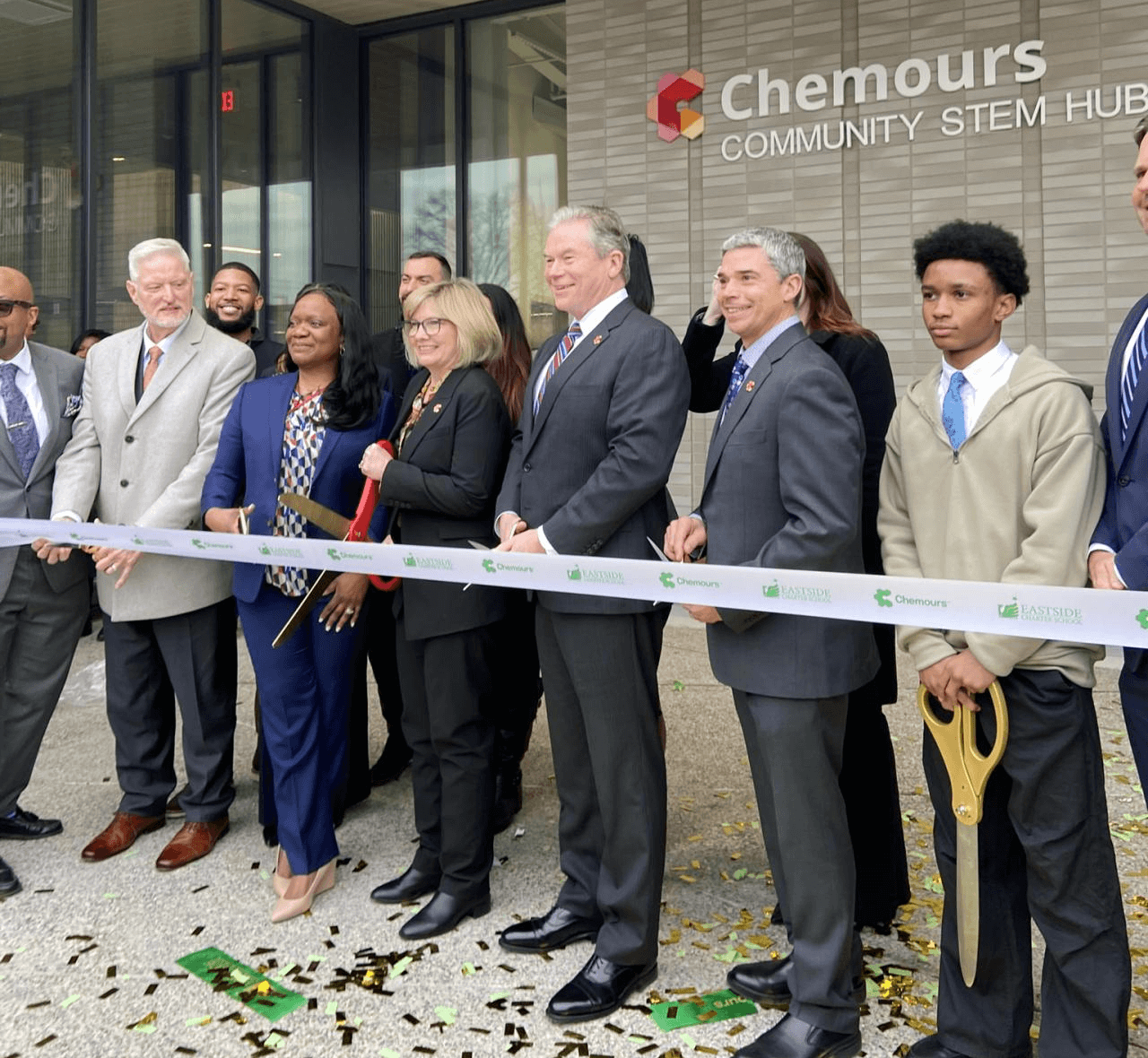
The new Hub supports workforce development, offers health services, and enhances STEM education opportunities for local students, helping to meet the critical need for current and future scientists, engineers, technologists and more.
About The Chemours Company
The Chemours Company (NYSE: CC) is a global leader in providing industrial and specialty chemicals products for markets, including coatings, plastics, refrigeration and air conditioning, transportation, semiconductor and advanced electronics, general industrial, and oil and gas. Through our three businesses – Thermal & Specialized Solutions, Titanium Technologies, and Advanced Performance Materials – we deliver application expertise and chemistry-based innovations that solve customers’ biggest challenges. Our flagship products are sold under prominent brands such as Opteon™, Freon™, Ti-Pure™, Nafion™, Teflon™, Viton™, and Krytox™. Headquartered in Wilmington, Delaware and listed on the NYSE under the symbol CC, Chemours has approximately 6,000 employees and 28 manufacturing sites and serves approximately 2,500 customers in approximately 110 countries. For more information, visit chemours.com or follow on LinkedIn.
This article was originally posted at https://www.csrwire.com/press_releases/816876-chemours-community-stem-hub-opens-eastside-charter-schoolby from a submission by The Chemours Company.
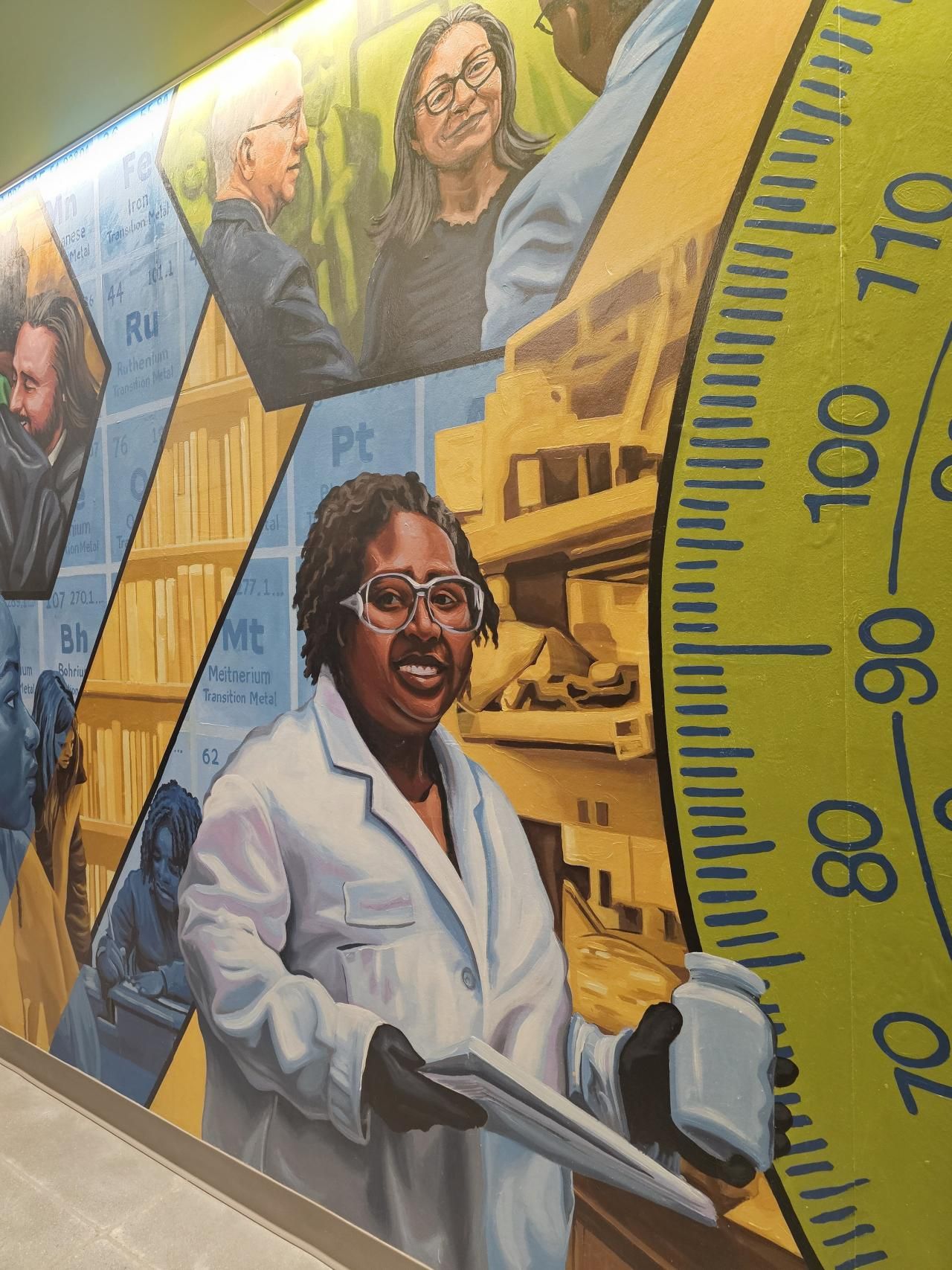

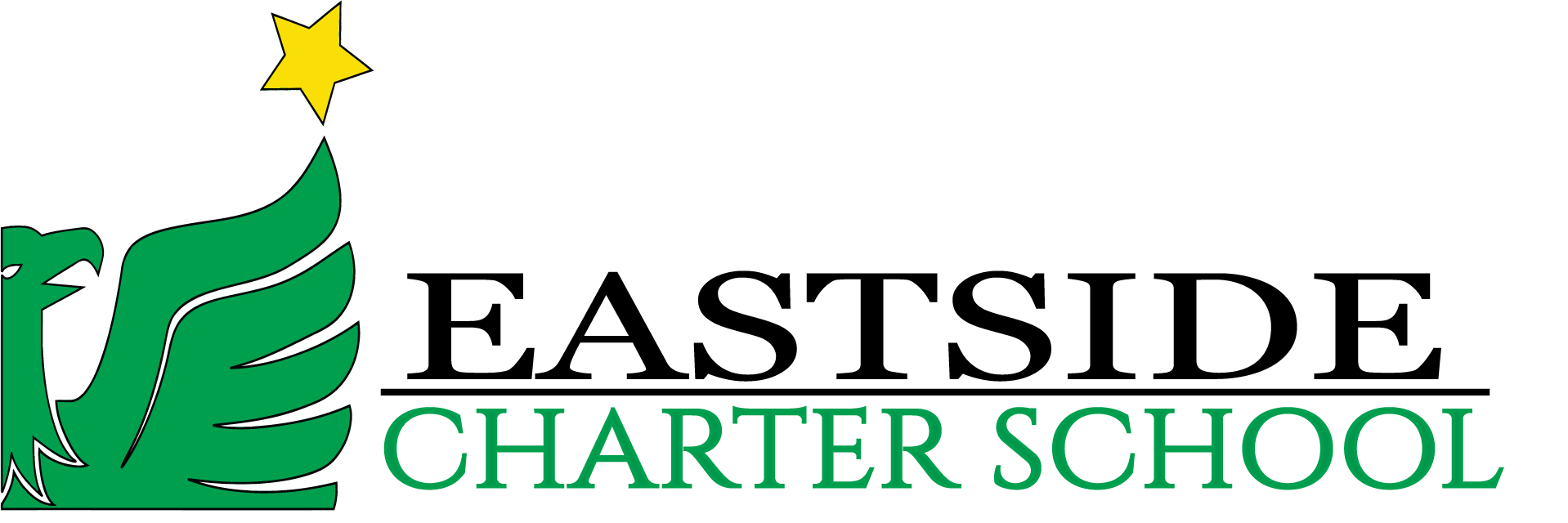

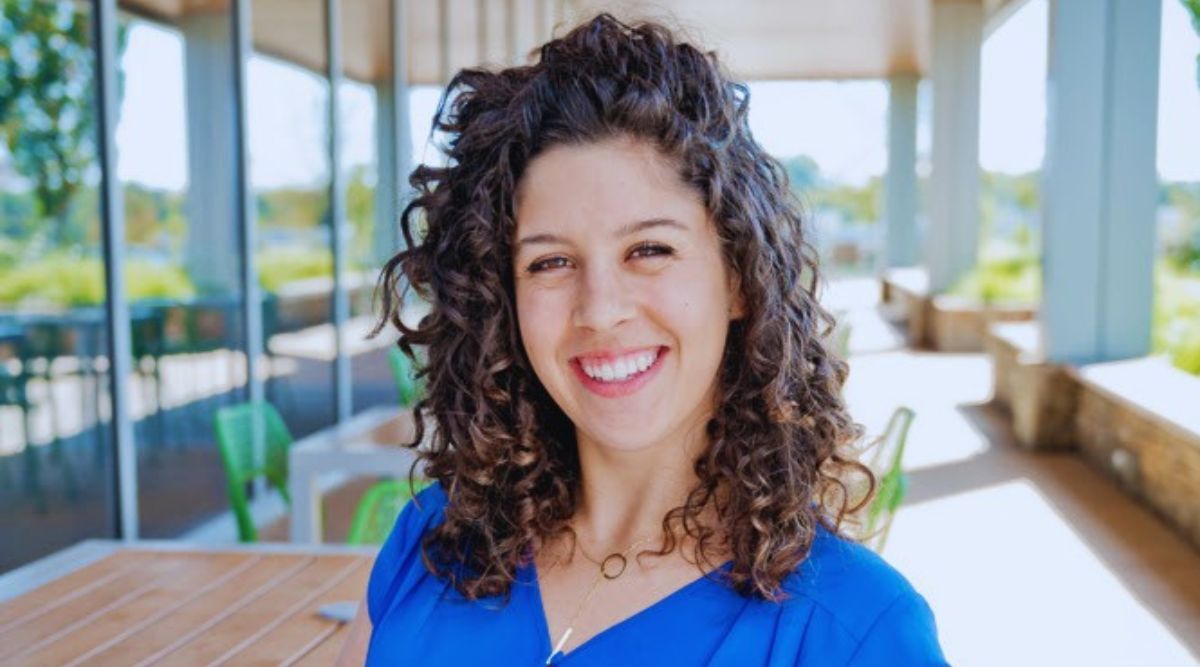


 To inspire kids to read and learn, Sharma and her husband, Harjeet Singh, started Smart Kidz Club in 2013. The Bear-based company’s digital library, designed for elementary school children, includes narrated and illustrated ebooks. There are no ads, videos or animation.
To inspire kids to read and learn, Sharma and her husband, Harjeet Singh, started Smart Kidz Club in 2013. The Bear-based company’s digital library, designed for elementary school children, includes narrated and illustrated ebooks. There are no ads, videos or animation.
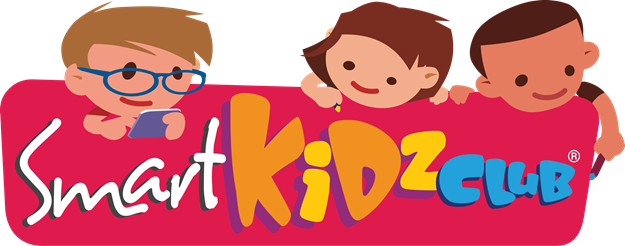





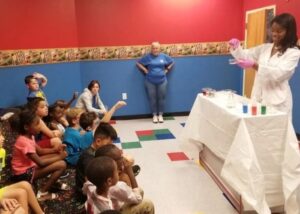
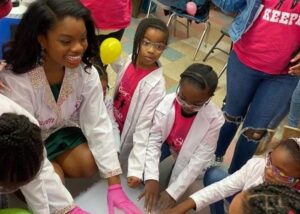

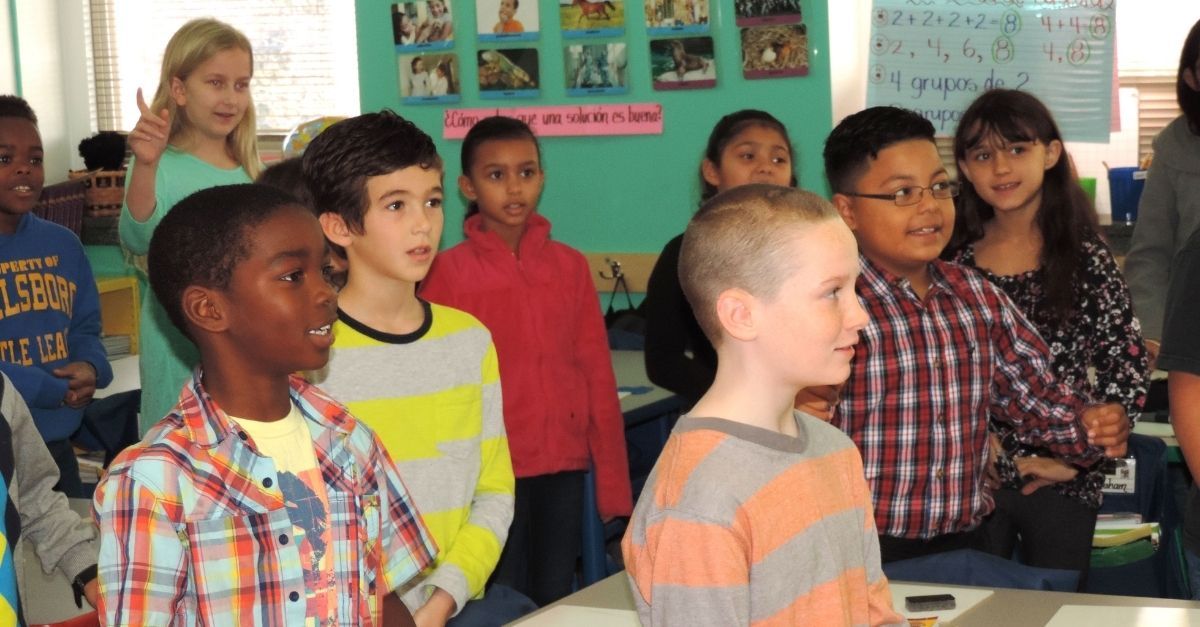
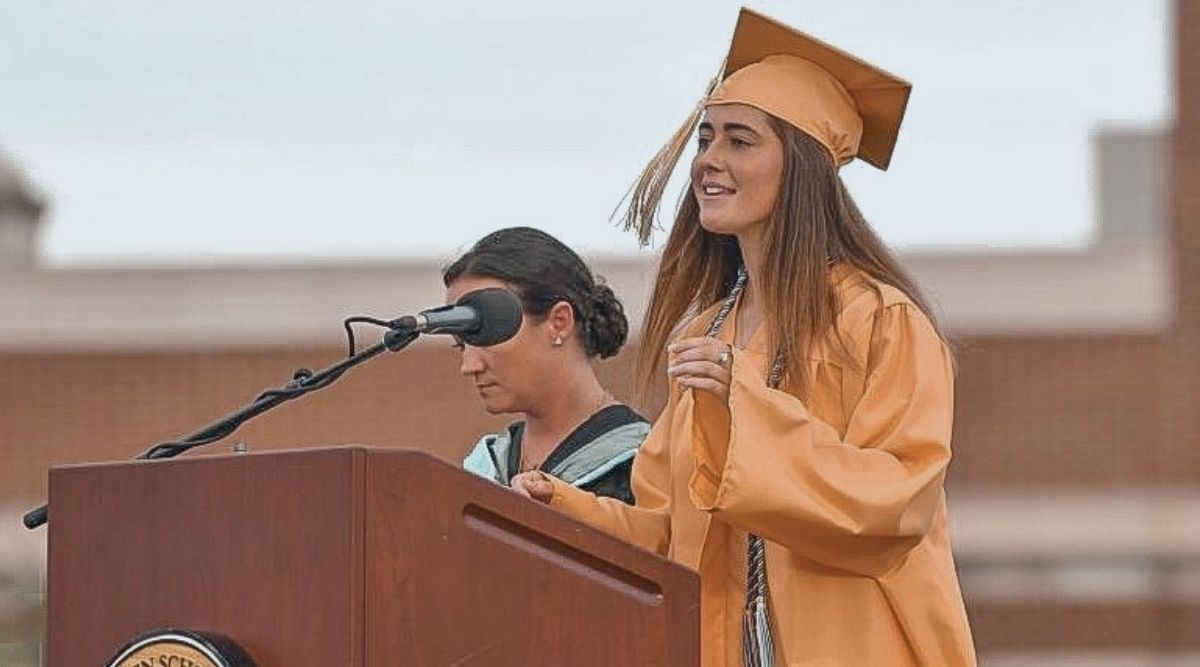
 When it came to academics, Monigle fit in time to study or do her homework whenever she could. She’d do homework on the bus while others listened to music or were on their phones; get up as early as 5:30 a.m. to study before she got ready for school; or would even do her homework during boys’ lacrosse games.
When it came to academics, Monigle fit in time to study or do her homework whenever she could. She’d do homework on the bus while others listened to music or were on their phones; get up as early as 5:30 a.m. to study before she got ready for school; or would even do her homework during boys’ lacrosse games.